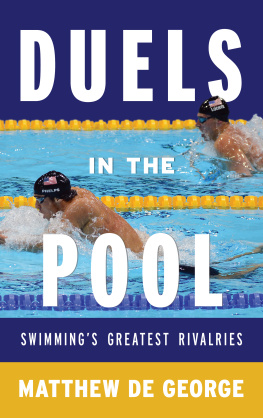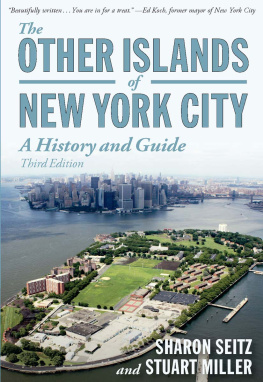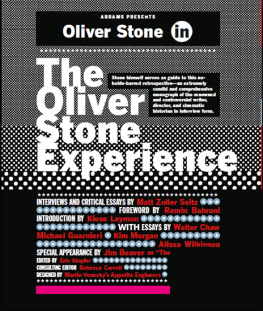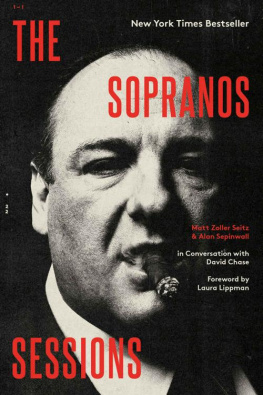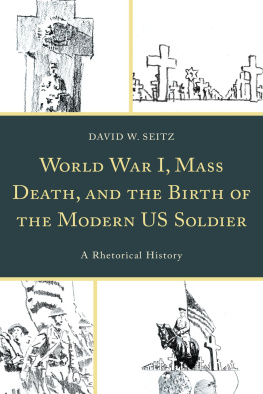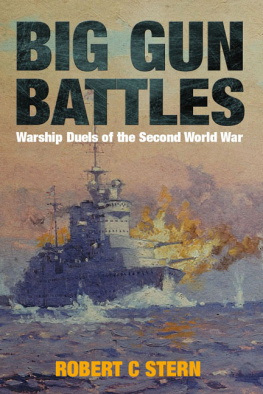This edition is published by Papamoa Press www.pp-publishing.com
To join our mailing list for new titles or for issues with our books papamoapress@gmail.com
Or on Facebook
Text originally published in 1929 under the same title.
Papamoa Press 2017, all rights reserved. No part of this publication may be reproduced, stored in a retrieval system or transmitted by any means, electrical, mechanical or otherwise without the written permission of the copyright holder.
Publishers Note
Although in most cases we have retained the Authors original spelling and grammar to authentically reproduce the work of the Author and the original intent of such material, some additional notes and clarifications have been added for the modern readers benefit.
We have also made every effort to include all maps and illustrations of the original edition the limitations of formatting do not allow of including larger maps, we will upload as many of these maps as possible.
FAMOUS AMERICAN DUELS
WITH SOME ACCOUNT OF THE CAUSES THAT LED UP TO THEM AND THE MEN ENGAGED
BY
DON C. SEITZ, LIT.D.
FOREWORD
The narratives I have here gathered are filled with thrills and foolishness. In spite of the progress of civilization, the duel survived well up into the latter part of the last century in the United States. Happily human sensitiveness has become sufficiently dilute not to demand satisfaction for affront on what was once called the field of honor. There proceedings took place under a code of rules modified to fit circumstances sustained by a public opinion that did not permit a jury to convict in the case of fatal outcome, if, indeed, it ever came before one. Distinguished statesmen fought to defend their fair fame. One man who became President, and another who was Vice-President at the moment, reddened their hands. Four of the encounters listed ranked as national tragedies. So great became the evil that legislatures were compelled to enact statutes for its suppression.
Certain students of society have argued that the duel was a decorous influence, in making men careful in their conduct toward each other through personal accountability. The claim is hardly borne out by the facts. All too often the wrong man died. The best excuse was that the duel prevented informal brawls and gave personal encounters an atmosphere of gentility. safeguarding rights at least as far as the pistol mouth. The free fight between Andrew Jackson and the Benton brothers, detailed in the pages that follow, is given as an example of the wrong thing from the duelling standpoint.
If, in a few instances, the critical will conceive that the incidents are rather heavily documented, the reason may be found in a desire to portray the extreme meticulousness observed in order to make trifles appear important enough to fight about. The volume is written to reward the curious and to make more accessible strange chapters in American history.
Thanks are due to Robert Hunt Lyman, Charles H. Taylor, Clarence S. Brigham, Curator of the American Antiquarian Society; Charles E. Goodspeed and Miss Alice R. Flynn, for valuable assistance.
D. C. S.
Authors Club, New York,
January, 1929
CHAPTER ITHE DUELLO
WE get the word duel from bellum and duo , Latin terms for war and twothe combination and contraction of which are made to mean war between two. Probably the custom had its origin in the rule which the German tribes brought when they invaded Europe, of compelling men to fight out their differences with one another. Buckle, in his History of Civilization in England , lays the practice to chivalry, reaching its polite perfection in the pleasant land of France. He finds no evidence of any single private duel being fought earlier than the sixteenth century in England, and even then not many until the latter half of Queen Elizabeths reign. In France duelling was common early in the fifteenth century, and in the sixteenth so spirited were the Gallic gamecocks that seconds fought each other on the side.
Chivalry departed with armor and Don Quixote. When mail was the fashion, knights jousted on horse-back, in the splendid style-described in Ivanhoe . The accidental killing of King Francis II, of France, husband of Mary, Queen of Scots, in an encounter with one Montgomery, a Scotch knight in his service, spoiled the pastime. When coats of mail disappeared, gentlemen fought as a rule with rapiers. The French nobility became as sensitive as fighting birds; a look or a chance jostle were deemed enough to warrant an encounter. From the days of Charles IX on, the record reeks with blood. Prosper Mrimes Chronicle of the reign of that King gives a lively picture of the raffin s . Nor does Dumas exaggerate in The Three Musketeers , who flourished at a date but little later. It is asserted that during the first decade of the seventeenth century not less than two thousand French nobles fell by the sword in defense of their egregious honor.
Italy, too, took kindly to duelling, but the bravo killed the habit among gentlemen in that sunny land. It persists in mild form in France to this day, where, thanks to custom and poor marksmanship, it has assumed a comic form. Mark Twain really laughed the seriousness out of it in his burlesque of an imaginary encounter with M. Leon Gambetta, the humor of which, while pretty deep for the Parisian mind, nevertheless made itself felt.
Up to the outbreak of the World War duelling was practically compulsory in the German Army. The Kaiser endorsed it, and officers who failed to accept challenges lost their commissions; that is, pressure from above made them resign. In the German universities duelling was a function that took the place of hazing in American colleges. The combatants were so heavily swathed that cheeks and chins were the only parts left vulnerable. The scars thus secured were highly prized. Recently, civil courts have checked these affairs, winch were formerly regulated by the faculties. Heidelberg was famous for its duels, nil solemnly conducted under a most meticulous code. Bismarck, when a student at Gttingen, fought twenty-eight duels, escaping with a single scratch. He evaded a twenty-ninth encounter by explaining that in calling the challenger a silly youngster he did not mean to be insulting but used the offending phrase merely to express my conviction.
Spain was the first of the nations to forbid the practice, for there, as in Italy, the hired ruffian, hiding a dagger beneath his cloak, had become the minister of revenge. It was in the second decade of the eighteenth century that the King proclaimed the prohibition of duelling under a heading reading, Pragmtica que su Majestad ha mandado promulgar, 1716, par la que prohbe los Duclos, Retos y Desafos baxo de gravas penas .





